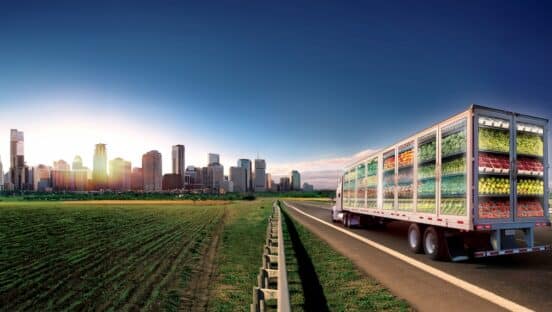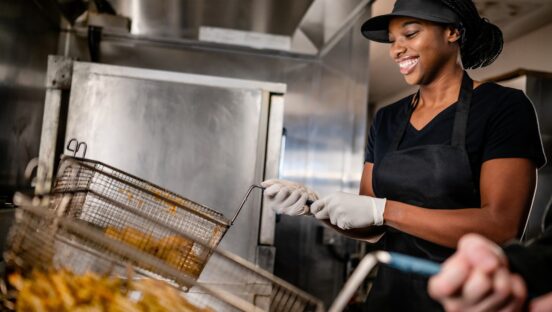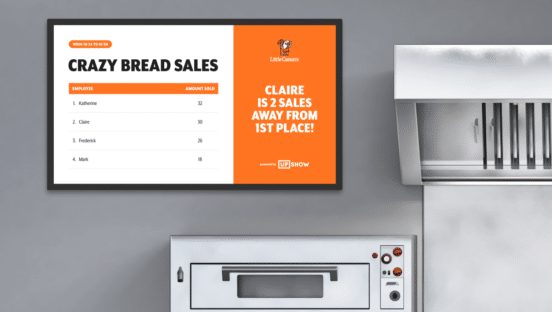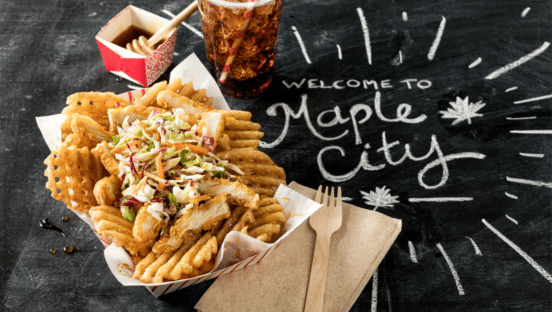In the restaurant industry, adapting quickly to new circumstances has always been essential. Labor shortages and supply chain issues have tested restaurants for the last couple of years—and with post-pandemic crowds returning to on-premise dining in greater numbers, many operators have been tasked with an extended period of doing more with less.
The Bureau of Labor Statistics reported that December 2022 marked the 24th consecutive month of job increases in the restaurant and bar segment, but employment in the overall leisure and hospitality industry remains 5.5 percent below pre-pandemic levels. It’s clear that many of today’s challenges aren’t going away anytime soon, and restaurants are adapting.
A report from Lightspeed found that, within two to three years, 50 percent of U.S. restaurants plan on implementing automation technology to help address labor shortages. Restaurant automation has allowed many establishments to decrease labor costs, improve the accuracy of order taking as well as employee scheduling, lower food costs and waste, and offer an improved customer experience. More and more restaurant operators are understanding how they can make automation work for them, and to realize these benefits in their own businesses.
“In the past, the restaurant industry has underutilized automation technology,” says Sam Gerace, CEO of Lineup.ai. “When you think about labor and inventory being the two largest costs for restaurants, restaurants can boost profits if they improve the productivity of their labor—and that’s exactly what automation does.”
Using artificial intelligence (AI) for forecasting is one area where automation excels in restaurant operations. Tools like Lineup.ai allow restaurants to automate sales forecasting and employee scheduling. Restaurants can create dynamic daily, weekly, and monthly sales forecasts and labor schedules based on historical sales, local events, weather, traffic, and more. If anything changes—for example, if a nearby concert is selling out—forecasts and recommendations are updated in real time so managers can make adjustments if they choose.
AI forecasting can help managers order exactly what they need, and kitchen staff can do exactly as much prep as the forecast calls for—helping to reduce food waste as well as shortages. AI can also optimize shift schedules, “right-sizing” each shift based on AI-forecasted traffic while encouraging employee engagement.
All of this serves to eliminate time-consuming back-office work for perhaps the most critical person at any restaurant location—the general manager.
“In this new hiring era, where wages are increasing and staff is scarce, GMs tend to be more overworked than almost any other person,” Gerace says. “One of the biggest impairments to restaurant productivity is GM turnover, because performance suffers when a new GM has to build context for the first several months. Profitability is increased significantly when GMs are retained, and they’re staying fulfilled in their roles.”
When GMs are taking time out of their days to make Excel spreadsheets, post paper schedules, and email and call employees, it makes sense they’d wonder if their time could be more effectively spent on other, higher-level tasks.
Gerace estimates GMs spend about a quarter of their time building and reworking schedules—time that could be spent on activities contributing more directly to the bottom line, like fine-tuning promotions or special menu offerings. “Good GMs want to do the right thing and contribute to successful and profitable operations,” he says. “In the back of their minds—and probably every person’s mind today—they’re thinking administrative-level tasks probably don’t add as much value as when they get to apply their core expertise in their core capabilities. GMs are more fulfilled when you reduce or eliminate admin work and help them be more productive for the business.”
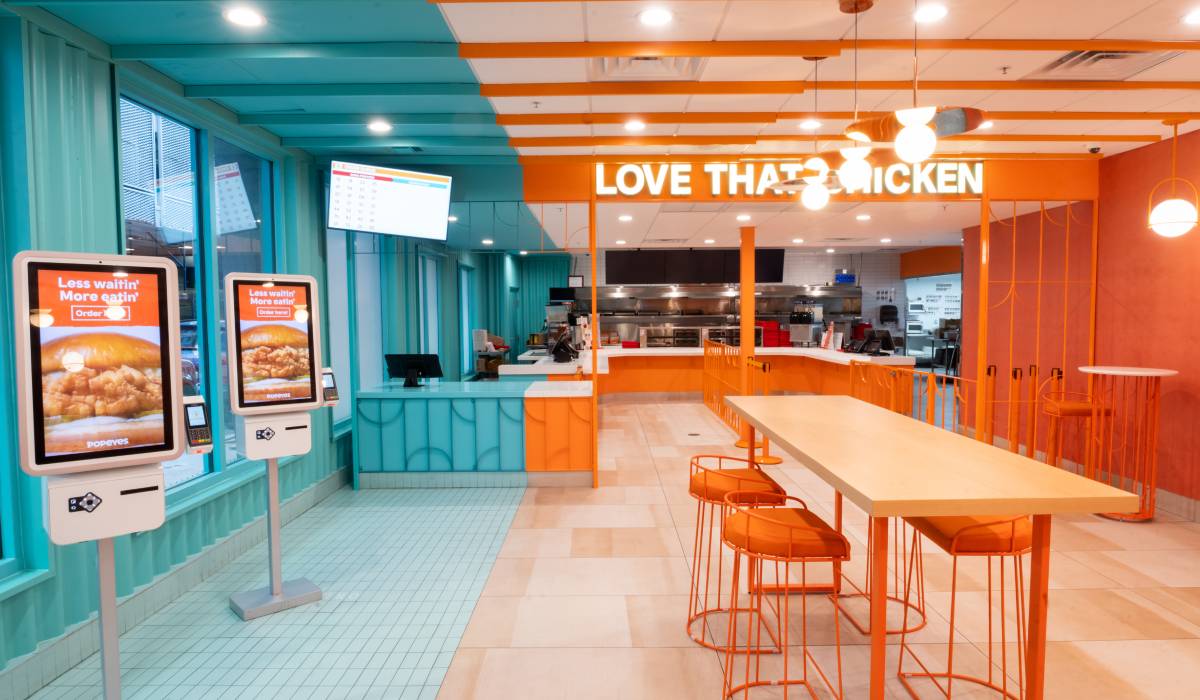
Automation with tools like Lineup.ai can lead to higher retention across the board—not only GMs, but all staff. “When employees have more flexibility and more forward visibility to their schedule by using employee-facing apps, we’re seeing they’re more fulfilled and they stay at the location longer,” Gerace says. “Productivity is increased, and much less money has to be spent on rehiring and retraining—and so you get profitability increases as well.” Rewards Network recently found a turnover rate of 73 percent in the hospitality industry. With the cost of replacing one employee averaging $5,864 per person, not including salary, the numbers add up quickly.
The Lineup.ai schedule building and forecasting tool is designed to be simple to use and easy to set up for restaurants without a tech staff. Restaurants can take advantage of automation technology without making a significant investment in IT support.
“The restaurant industry has had so much time to perfect the hospitality side of the business—in fact, hospitality has been a part of every culture in recorded history. It’s part of what it means to be human,” Gerace says. “We’ve spent much less time on the technology side, since the dawn of the internet happened in our lifetimes. And so we often see restaurants not taking full advantage of some of the newer technologies that could make their most overworked employees much more productive. There are some incredibly easy-to-use automation platforms, including Lineup.ai, that don’t require any technical expertise. They remove administrative overhead to let the most important person at each location focus more of their time on higher-order business.”
To learn more about how restaurants can use automation to improve efficiency, check out Lineup.ai’s “Ultimate Playbook for Automating Restaurant Operations.”
By Kara Phelps


